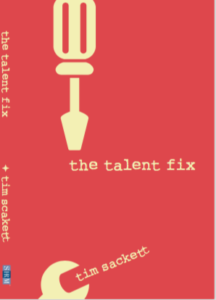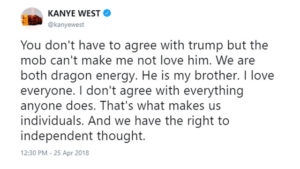One of the hardest things for me to get used to during my time abroad is the different schedule. The meals in Spain (and in many other countries) are later, generally, lunch is eaten around 2 and dinner is eaten around 9 or 10. These late eating times are killing me, and I am constantly hungry all morning and late afternoon.
Although I can’t stand the eating schedule, one of my favorite things about Spain so far is the siesta time. If you’ve never heard of it, there is a built-in time after lunch for everyone to rest or take a little nap before they head back to work or do their other afternoon activities. Everyone heads home from work or school, eats a huge meal, and then takes a quick, little nap.
A big cultural difference between Spain and America centers around the schedules and hours that people work. The average American from age 25-54 works about 40 hours a week, while the average Spaniard works about 38.5 hours a week. Although there isn’t a huge difference in this amount, the hours of the day worked is really different. In America, you hear about the “9-5” or as my Dad likes to tell me “now everyone works 8-5”. In Spain, people go to work around 9, come home from about 2-4:30/5 and return to work for another 2 or 3 hours.
In Spain, this break in the middle of the day allows families to spend quality time together in the middle of the day. There were many years of my life where my whole family would maybe have one meal together a week, and my parents made it a priority to eat together as much as possible. There are many important benefits of spending time together as a family, such as building self-esteem and relieving stress.
In a society where depression rates among teens are at an all-time high, I think that a schedule with built-in family time (and nap time!) is a pretty freaking great idea. Every year that I’ve gotten older, I see my family less and less and that sucks! People around my age in Spain get to see their entire family every day!
Now, we can blame my lack of family time on the fact that I live in a different city but I lived at home for the majority of my life and there were many days where I got to see my Dad for maybe 10 minutes. My Dad is pretty great and I want to see him for more than 10 minutes a day! (Editor/Dad note: FYI – I did not add this line!)
I’m not saying that I think this type of schedule would work in America. This schedule works in Spain because of the culture here, and I don’t believe that this would work well in America, but we can learn a lesson here. In my opinion, sacrificing a little bit of work time to spend time with your family can have some really great benefits. And who doesn’t love a little afternoon nap?!
 This post was written by Cameron Sackett (not Tim) – you can probably tell because it lacks grammatical errors!
This post was written by Cameron Sackett (not Tim) – you can probably tell because it lacks grammatical errors!
HR and TA Pros – have a question you would like to ask directly to a Gen Z? Ask us in the comments and I’ll respond in an upcoming blog post right here on the project. Have some feedback for me? Again, please share in the comments and/or connect with me on LinkedIn.



